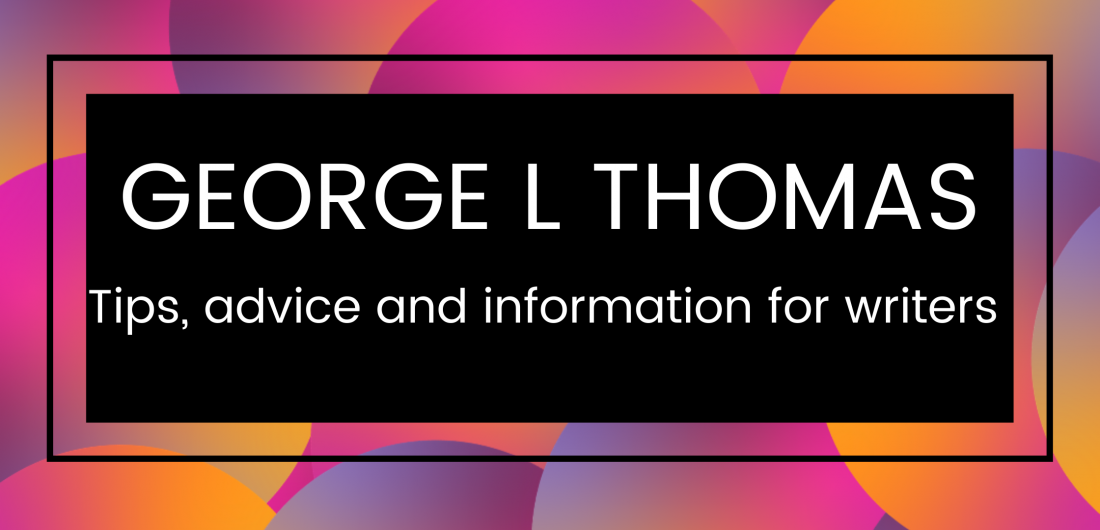
In language, all words are grouped into different categories or ‘classes’, and they can be confusing, with each class of word serving a specific function.
Here are the main word classes we use in English:
Nouns – a noun is a type of word that is used to identify people, things, ideas, and states. For example:
- People – ‘man’, ‘woman’, ‘girl’, ‘boy’
- things – ‘toy’, ‘hill’, ‘tree’
- Ideas – ‘love’, ‘beauty’, ‘tranquillity’
- States – ‘life’, ‘death’
Proper Nouns – are words which are used for the names of a person, place or organisation.
Pronouns – are words which are used in place of a noun that has already been mentioned to avoid repetition, for example:
- Bill was tired so ‘he’ went to bed
- Sarah took the dog with ‘her’
- Sam put ‘his’ hand in mine
- ‘That’ is a good idea
Adjectives – are words that describe nouns, giving more information about them. For example:
- a ‘ripe’ pear
- a ‘sour’ taste
- a ‘sticky’ situation
Verbs – are words that used to describe an action, event, state or a change for example:
- Action: ‘run’, ‘hit’, ‘travel’
- Event: ‘snow’, ‘eat’, ‘explode’
- State: ‘be’, ‘live’, ‘work’
- Change: ‘become‘, ‘grow’, ‘develop’
Adverbs – are words that give information about verbs, adjectives or other adverbs. For example:
- she smiled ‘sweetly
- he’s ‘very’ handsome
- they run ‘really’ fast
Prepositions – are usually used in front of nouns or pronouns and show the relationship between nouns, pronouns and other words in a sentence. For example:
Position of something:
- his shoe was ‘under’ the table
- the cat sat ‘between’ the chairs
- the birds flew ‘over’ the house
The time when Something Happens
- he came ‘on’ Saturday
- the movie begins ‘at’ 8pm
- shortly ‘after’ they married, they divorced
The way in which Something is Done
- we travelled ‘by’ car
- they sat together ‘without’ speaking
- I like ice cream ‘with’ cherries
Sometimes prepositions can be made up of more than one word. For example:
- they dislike England ‘because of’ the weather
- the dog and the cat ‘next to’ each other
- the castle was ‘on top’ of the hill
Conjunctions – are words that are used to connect clauses, sentences or to coordinate words in the same clause. There are two main kinds of conjunction:
Coordinating Conjunctions – which join terms which are of equal importance in a sentence:
- you can have peas ‘or‘ beans
- he plays football ‘and’ rugby
- the weather was cold ‘but’ clear
Subordinating Conjunctions – which connect subordinate, or words of lesser rank to the main clause of a sentence:
- I stayed up ‘until’ seven o’clock
- I went to bed ‘because’ I was tired
You may well have been taught that beginning a sentence with a conjunction is bad English. However, it is not grammatically incorrect to do so. It is best not to overdo it though.
Determiners – are words that introduce nouns, such as ‘a/an’, ‘the’, ‘every’, ‘this’, ‘those’ and ‘many’. For example:
- ‘A’ dog
- ‘The’ dog
- ‘Every’ dog
- ‘This’ dog
- ‘Those’ dogs
- ‘Many’ dogs
Possessive determiners such as ‘my’, ‘our’, ‘your’, ‘his’, ‘her’, ‘its’ and ‘their’, come before nouns to show ownership of the noun in question. For example:
- ‘My’ leg is broken
- Where did we leave ‘our’ car?
- Bring ‘your’ dogs along
- Dave has lost ‘his’ wallet
- Jenny loves ‘her’ house
- The milk is past ‘its’ expiration date
- They love ‘their’ dog
Exclamations – are words or phrases that express strong emotion. They often stand on their own and are usually followed by an exclamation mark. For example:
- ‘How incredible!’
- ‘Ouch! That stings!’
They can also be used to greet or congratulate:
- ‘Hello!’
- ‘Well done!’
As always, thank you for reading!
Until next time,
George
© 2018 GLT
Categories: Confused Words

Leave a comment